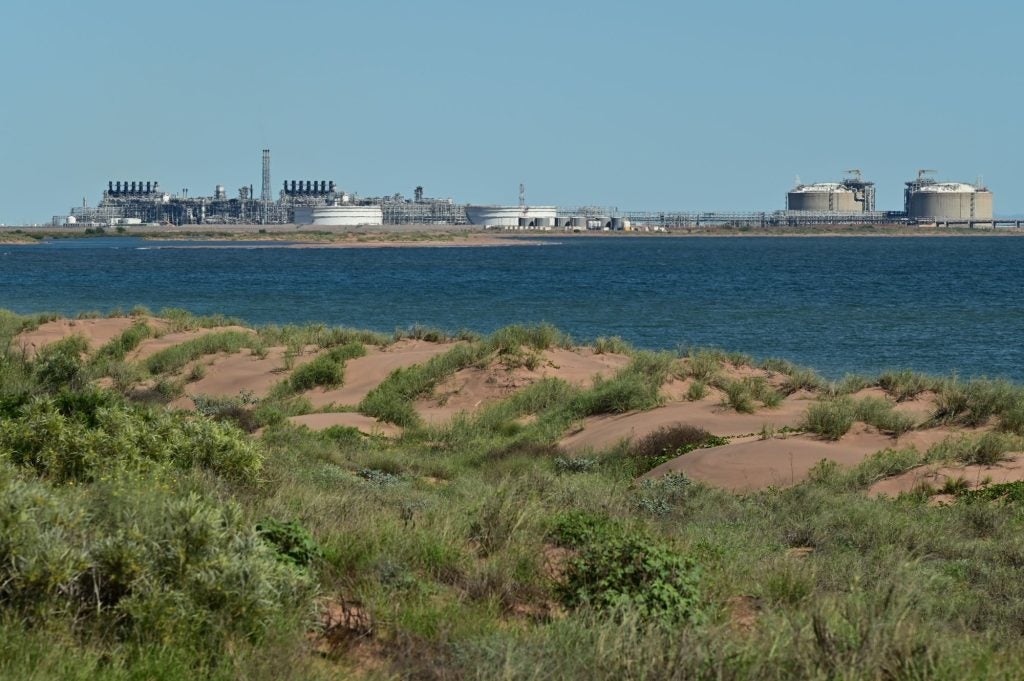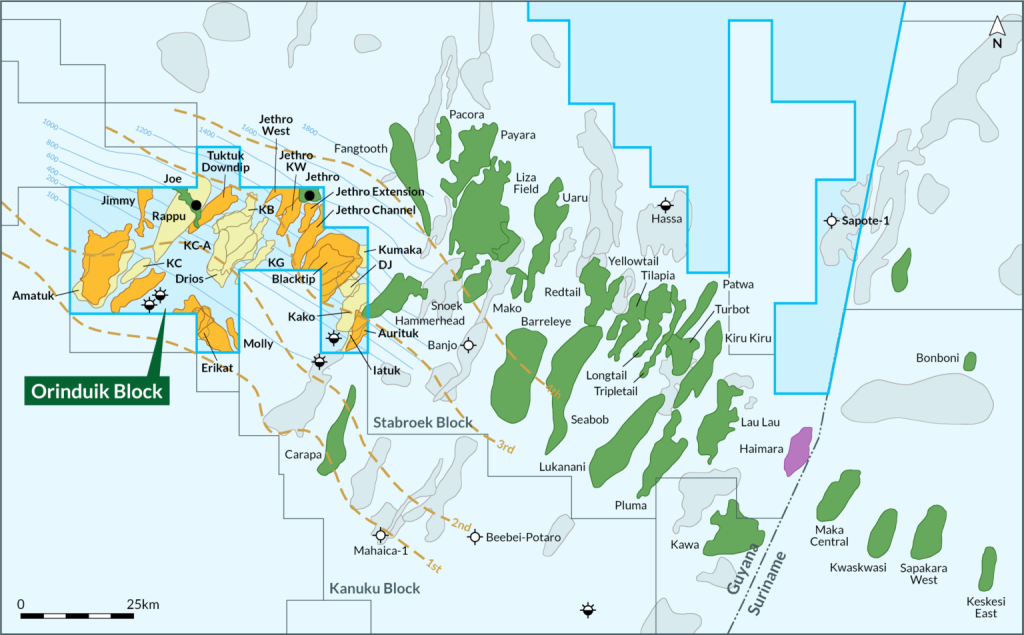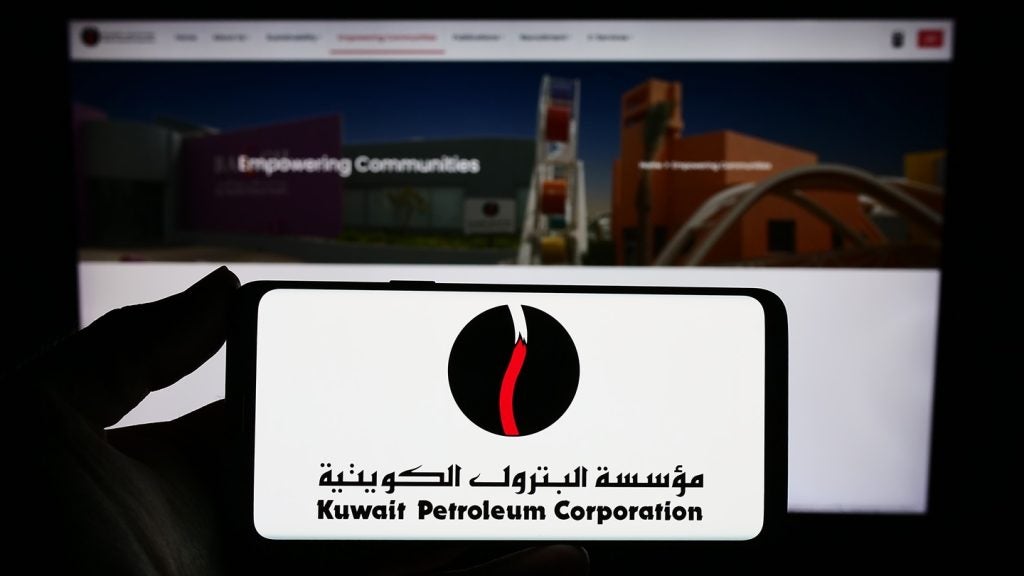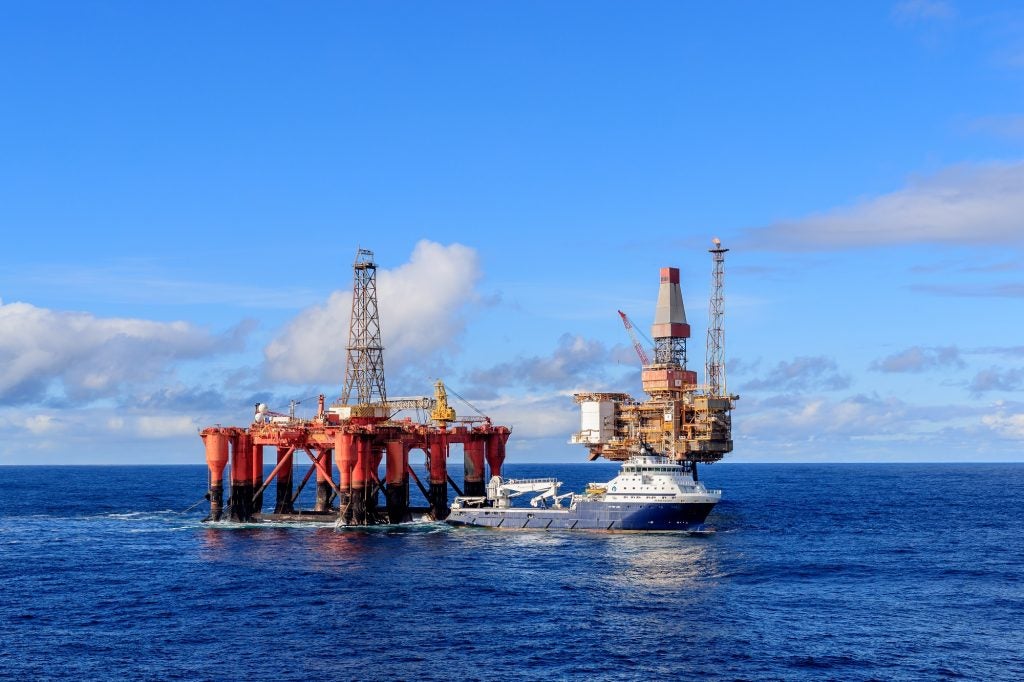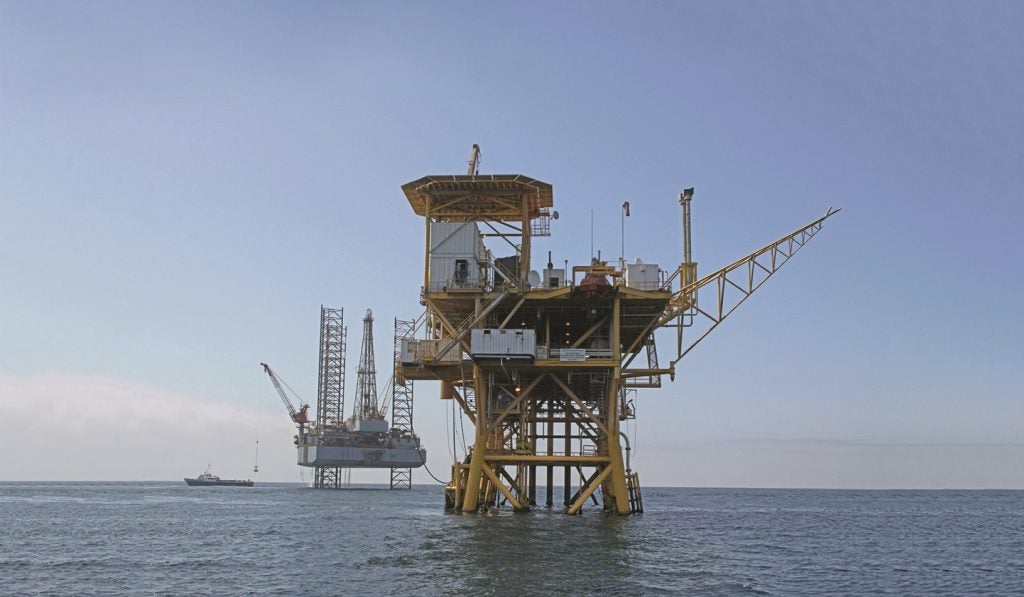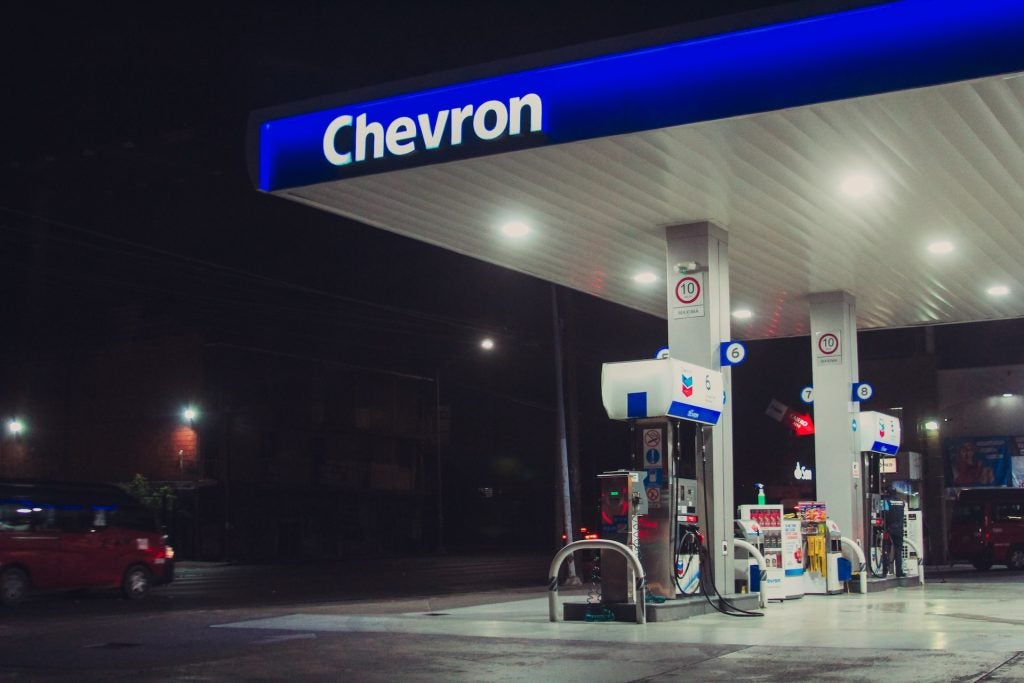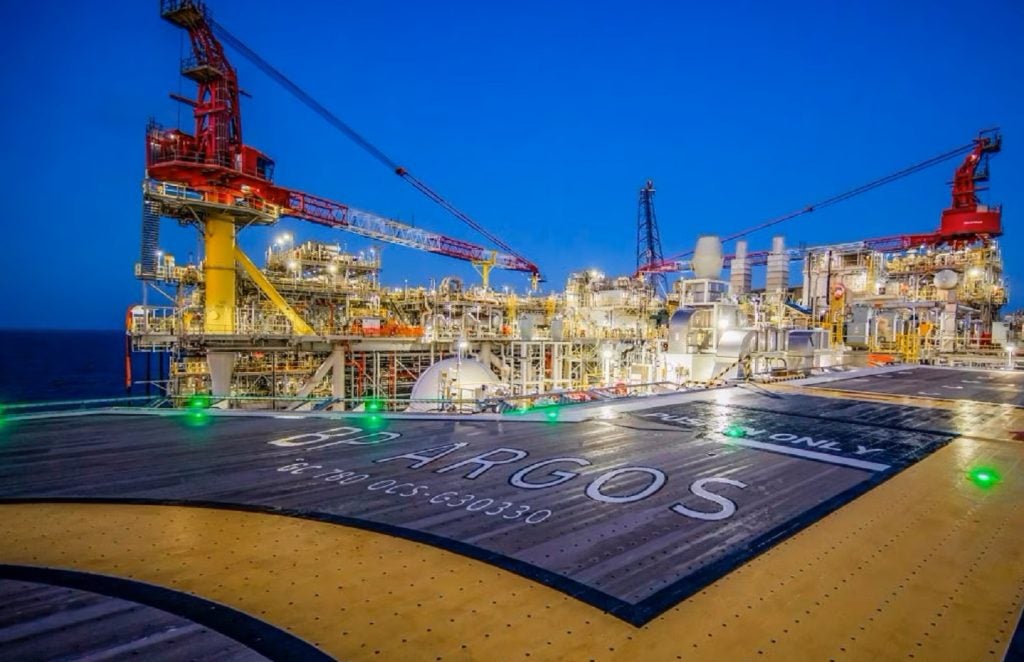Australian offshore operator Woodside and international giant Chevron have started talks with Australian labour unions ahead of threatened strike action.
On Thursday, the companies said they would talk to the Offshore Alliance group of unions then and next Tuesday. Members of these unions have objected to current pay rates and working conditions, particularly at Woodside's North West Shelf gas platforms and Chevron's Gorgon and Wheatstone liquified natural gas (LNG) plants. These have annual LNG capacities of 16.9 million tonnes, 15.6 million tonnes and 8.9 million tonnes, respectively.
Offshore Alliance comprises of the Australian Workers’ Union and the Maritime Union of Australia. The unions also seek better job security, including limits on how much work can be outsourced to contractors.
Workers have yet to vote on whether strikes or other action will take place at the LNG facilities. Under Australian law, such votes must be approved by the federal government’s Fair Work Commission before they can take place. Any industrial action would need to give seven days’ notice before its start and then take place within a 30-day period.
Brad Gandy, branch secretary of the Australian Workers Union, said: "Our members at Woodside and Chevron are fighting for what they deserve, a fair and reasonable agreement as soon as possible as they are well aware of the hundreds of millions of dollars these companies will lose if protected industrial action slows exports of Australian gas.”
A Woodside spokesperson told Reuters that companies were engaging “actively and constructively”, saying: "Positive progress is being made, and the parties have reached an in-principle agreement on several issues that are key to the workforce.”
Together, the facilities handle 10% of global LNG exports. Disruption at the plants would impact Australian exports, primarily those to Japan and South Korea, the main product consumers from the affected facilities.
The threat of strikes has pushed global LNG prices higher, particularly in Europe. After reducing its imports from Russia following the invasion of Ukraine, the continent seeks new international fuel sources. While Australia rarely sells directly to Europe, the potential disruption to the fragile European supply chain caused an oversized impact on markets. For the first time, gas futures contracts briefly pushed above €40/MWh ($44/MWh), an increase of almost one-third.


